The recent events surrounding the attempted arrest of the immediate-past governor of Kogi State, Yahaya Bello, by the Economic and Financial Crimes Commission (EFCC) have sparked significant controversy and debate. The EFCC’s operation at Bello’s residence in Abuja was met with resistance from armed personnel, leading to a standoff that ultimately saw Bello leaving the scene in the company of the current governor of Kogi State, Usman Ododo.
The EFCC’s action is reportedly linked to ongoing investigations into allegations of corruption against Bello, including charges related to an alleged N84 billion fraud. However, Bello’s camp has vehemently denied these allegations, describing them as “ridiculous and laughable.” Additionally, Bello’s legal team has pointed to a court order from the Kogi State High Court in Lokoja, which restrains the EFCC from arresting or prosecuting him pending the determination of a fundamental rights suit filed by the former governor.
The situation has escalated further with conflicting court orders issued by different jurisdictions. While the Federal High Court in Abuja issued a warrant for Bello’s arrest based on an ex parte motion filed by the EFCC, the Kogi State High Court in Lokoja has issued a counter order restraining the EFCC from detaining or prosecuting him. This legal tug-of-war underscores the complexities surrounding the case and raises questions about the rule of law and the independence of judicial processes.
In response to the EFCC’s operation, Governor Bello has criticized the agency’s actions as illegitimate and has called on President Bola Tinubu to intervene. Bello’s media office has highlighted the EFCC’s alleged disregard for the court order from Kogi State and has accused the agency of being manipulated by political interests.
Overall, the situation surrounding the attempted arrest of Yahaya Bello by the EFCC is a matter of significant concern and has raised broader questions about the rule of law, judicial independence, and the conduct of law enforcement agencies in Nigeria. It remains to be seen how these legal and political tensions will be resolved and what implications they may have for governance and accountability in the country.


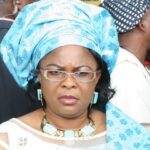

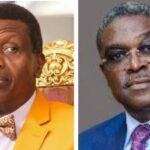
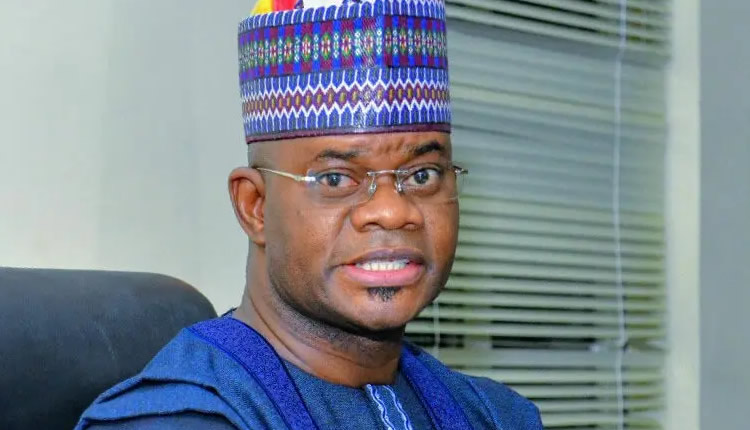

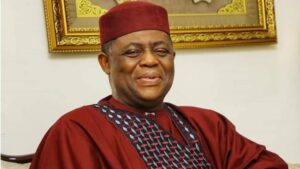
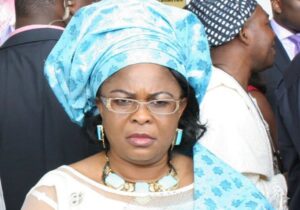
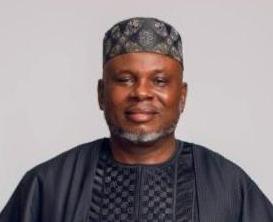
More Stories
Massive protest against Trump hots up in major U.S. cities
Tinubu considers Fani-Kayode, others for ambassadorial appointments
NBA intervenes, as detention of 15 domestic aides accused of theft from ex-First Lady Patience Jonathan, lingers